James Longstreet |
James Longstreet was born on January 8, 1821, in South Carolina. He graduated from the US Military Academy in 1842 and served in Mexico before resigning his post as major in the US Army to join the Confederacy. His military and strategic ability earned him one of the top positions in the new Confederate Army, second to only Robert E. Lee. Many historians consider him the finest of all Confederate generals. He was nicknamed "Old War Horse" by General Lee. He served in some capacity at many major battles including the Second Battle of Bull Run, Yorktown, Williamsburg, Seven Days, Antietam, and Fredericksburg. Longstreet, however, is best known for his disagreements with Robert E. Lee’s aggressive attack strategy at Gettysburg. Longstreet was proved correct when the Confederate attacks on days two and three of the Gettysburg campaign, particularly the disastrous attack known as Pickett’s Charge, were repulsed by Union forces resulting in unthinkable casualties. After Gettysburg, Longstreet joined General Braxton Bragg’s campaign in Georgia and commanded a wing of the army in the Confederate victory at Chickamauga. Longstreet went on to command troops at Wilderness (where he was wounded) and Petersburg. After the war, Longstreet became friends with Ulysses S. Grant. He died in 1904, as the last of the high command of the Confederacy. |
 |
 |
 |
 |
 |
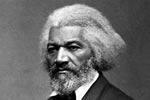 |
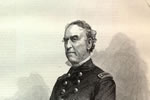 |
 |
 |
 |
 |
 |
| John Bell Hood | |||
 |
 |
 |
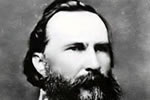 |
| Joseph Johnston | |||
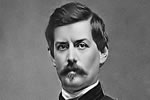 |
 |
 |
 |
| William H. Seward | Edwin M Stanton | ||
 |
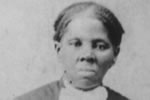 |
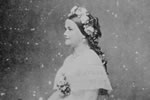 |
 |
